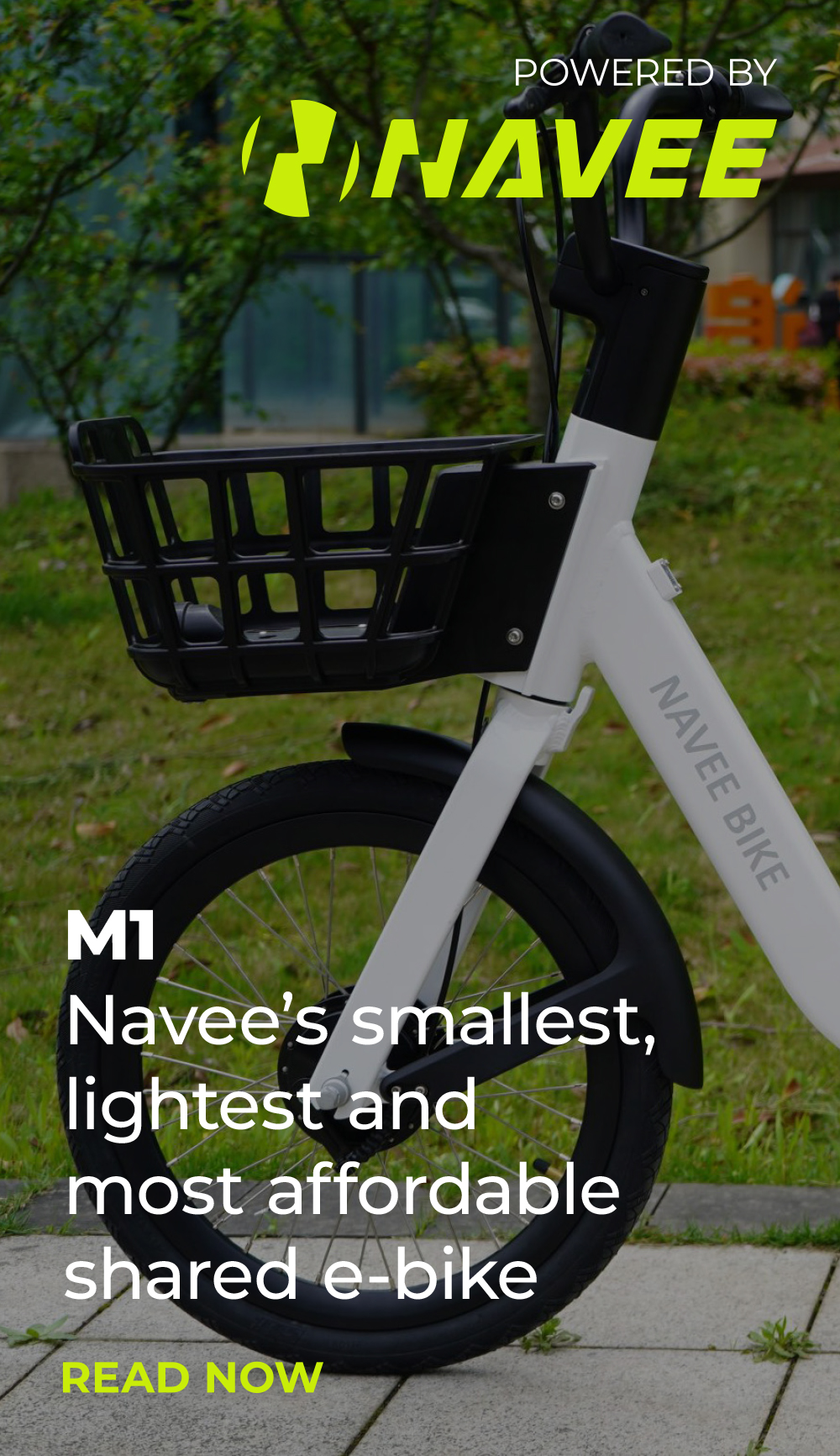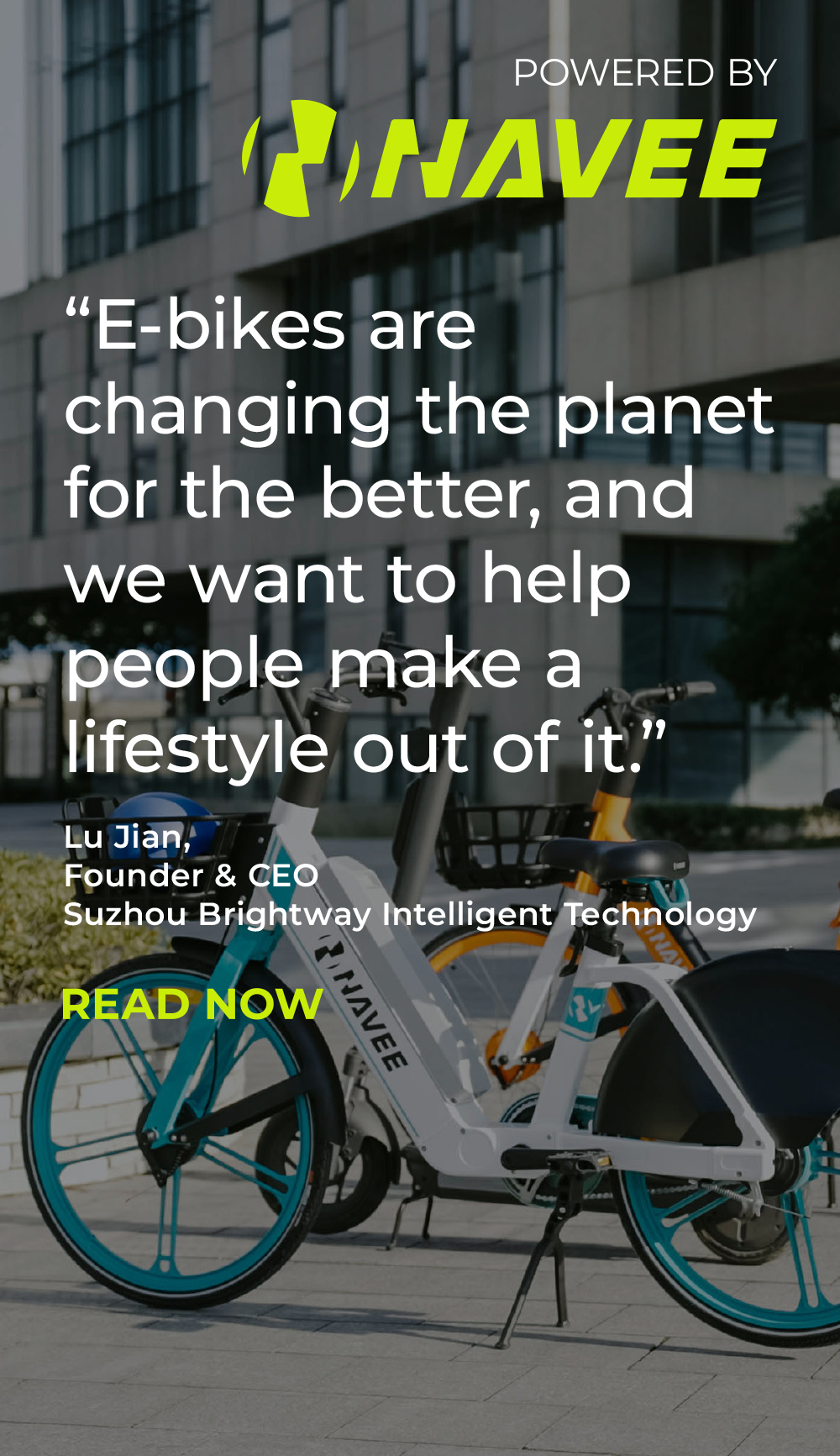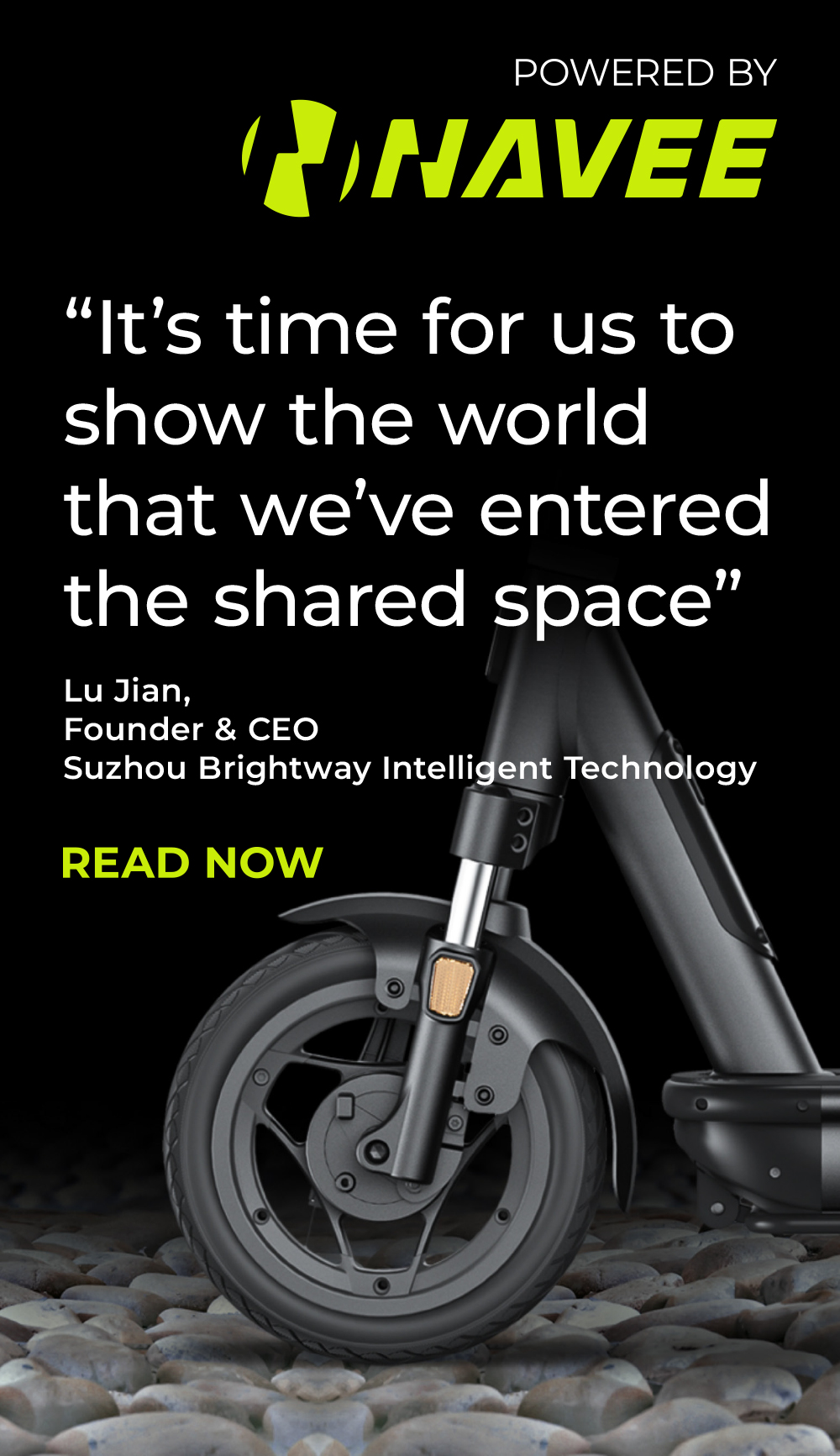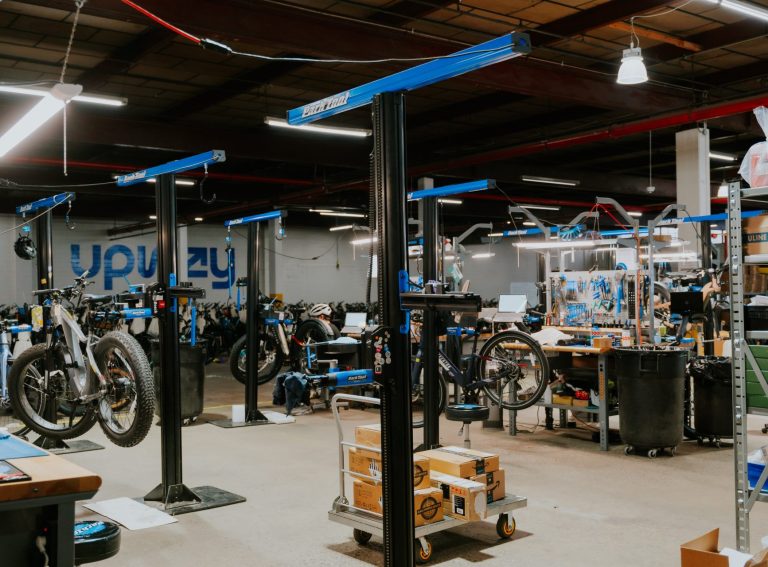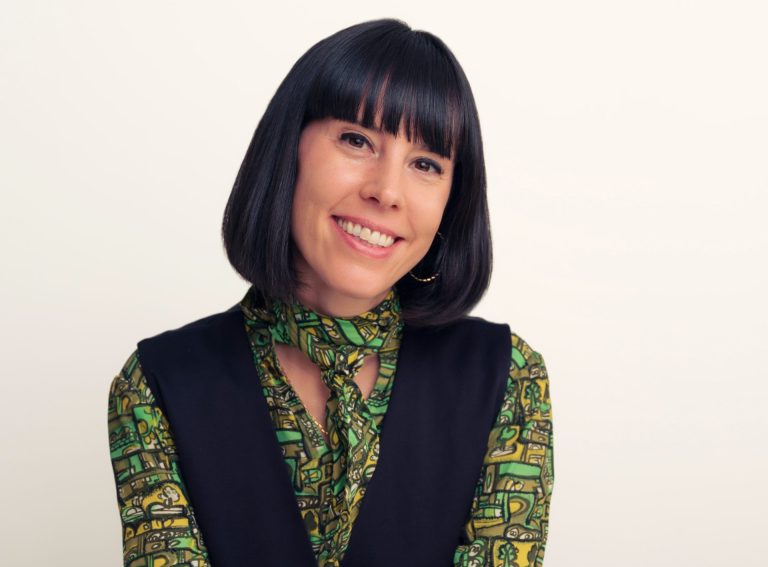“What was truly unique about this partnership during the Paris Olympics was that, for once, every single stakeholder in our industry was happy.”
That’s what TIER-Dott’s Chief Business Officer Nicolas Gorse had to say about the shared operator’s 15,000 e-bikes that served the Olympic and Paralympic Games between 26 July – 8 September.
In collaboration with vehicle solution provider Segway, TIER-Dott’s largest ever fleet recorded more than one million rides in just six weeks – a 70% increase compared with the same time period in 2023.
Those rides were completed by 500,000 users, 48,000 of which were brand new for TIER-Dott.
“It was a fairytale time,” Nicolas exclusively tells Zag Daily in an interview. “I’ve been in the industry from the start and I’ve never seen an instance where the city was happy, all the users were happy, and we were happy. It was an exceptional time to live through.”
Having joined the sector in 2018, Nicolas has been through all of the industry’s ups and downs. How was it then that the Paris Olympics gave way to such success?
Collaborating with Segway
Segway joined forces with TIER-Dott to offer 10,000 20-minute free rides to users travelling across Paris during the Games.
This was TIER-Dott’s largest ever promotion from a vehicle solution provider and it played a significant role in the 3.3 million kilometres ridden on its vehicles during the Games – a 90% increase compared with the same period in 2023.
“Segway’s offer of 10,000 free rides in partnership with TIER-Dott during a global gathering in Paris significantly boosted micromobility adoption, encouraging more people to experience sustainable urban transport,” Michael Luan, Product Director of Segway-Ninebot tells Zag Daily. “By offering free access to e-bikes, the initiative increased ridership and raised awareness of micromobility’s convenience and environmental advantages.”
With 100 staff members on-site including Segway’s own engineers, the team conducted 117,000 battery swaps and 3,200 on-street repairs with the help of real-time failure detection technology.

“Segway’s technical on-site support helped us manage the huge demand for our service,” Nicolas says. “They were a great partner and truly supported us, and I think that our collaboration demonstrated that their vehicle and the way we operated it was the right product for this event.”
Indeed, nearly 90% of the feedback that TIER-Dott received from users was positive – a figure which Nicolas says is unheard of for the industry.
“It’s so difficult to get that level of positive feedback with new riders because they’re not familiar with the process and often don’t understand things like specific zones and restricted parking areas.
“But if you combine the operational support, the instructions on our app, and the help which came from the city, then new riders were given a comprehensive experience resulting in very high user satisfaction when compared with industry standards.”
On the partnership, Michael adds: “This collaboration not only strengthens our partnership with TIER-Dott but also establishes a new model of cooperation between operators and Segway to jointly promote green, smart, and sustainable transportation.”
Collaborating with the city
Nicolas partly attributes user satisfaction to the collaboration between TIER-Dott, Segway and the City of Paris.
“Every single day we were in contact with the city.”
That collaboration meant TIER-Dott’s on-street operation could be optimised to maximise the efficiency of the fleet. For example, the city told the operator which areas needed more vehicles and TIER-Dott rebalanced accordingly. Overall, more than 4,500 bikes were rebalanced during the Games.
The city also told TIER-Dott when special events would take place that would temporarily restrict parking, and if riding zones needed to be adjusted.
In just a few clicks, Nicolas showed Zag how TIER-Dott can dynamically respond to the city’s needs using just its app. “If we have the longitude and latitude coordinates, we can change anything using the app. We can change parking locations and speed limits, we can send messages to the rider or change the requirement for end-of-ride photos. Our system updates the server every 30 seconds and we can make any command happen in a matter of minutes.”
Daily messages were broadcasted to users via the app, push notifications and email to inform them of riding restrictions, opening and closing times of traffic zones, and parking rules.
TIER-Dott’s fleet included 5,000 additional bikes for the Games. 1,000 of those vehicles have been kept in France to serve Paris’ neighbouring cities, 2,000 have gone to a newly-won tender in Copenhagen, and the remaining 2,000 bikes are currently being decided on.
“Mass Transportation 2.0”
TIER-Dott believes its fleet was the best complement to public transport during the Games. “There’s no other way to suddenly create an additional transport service system of this size, in such a short period of time. We had zero infrastructure investment, and zero investment from the city, but we showed how this fleet can serve users while still being economically sustainable for the operator.
“It was mass transportation individualised to your own needs – enjoyable, affordable and safe. This was mass transportation 2.0.”
Fares averaged at €3 per ride, and cycling was the quickest way to get across Paris while enjoying the capital’s grand views. “This service was enabled by the evolution of our entire industry over the years, with advanced IoT technology, operational excellence, city infrastructure and awareness from users. That combination really made us fit for this challenge.
“Every industry makes errors, I can tell you ours does. But we haven’t even received one piece of negative feedback about the fleet that served the Paris Olympic Games.”
The Deputy Mayor of Paris David Belliard shared his take on the cycling landscape at the Games in French outlet Le Parisien, and was quoted on Twitter saying: “Paris had committed to holding cycling games. We were there, you just have to look at the cycle paths to see that it was a real success.”
🌻@David_Belliard, adjoint (#EELV) d’A. Hidalgo, en charge des transports: «Paris s’était engagée à faire des Jeux cyclables. Nous avons été au RDV, il suffit de regarder les pistes cyclables pour constater que c’est un véritable succès» • cc @EELV_Parishttps://t.co/1JewyuAuk9
— LesEcologistes Paris5 🌻 (@EELVParis5) August 5, 2024
Michael also unveils the response received by Segway. “We received positive feedback, emphasising the accessibility and convenience of the e-bikes, along with TIER-Dott’s efficient and well-coordinated deployment,” he says. “The media delegation covering the Paris Olympics frequently used TIER-Dott’s e-bikes, praising them as a highly time-sensitive commuting solution for those working, living, or travelling in Paris.”
“What’s crystal clear is the value proposition of our industry to the Parisian public,” Nicolas asserts. “It’s massive. People really embraced our proposal and service, and we’re so proud to have participated in such a wonderful event.
“At a time when it feels like everyone is opposing each other, it was amazing to see so many of us united in the value of sport. Whether it was TIER-Dott, Lime, or Vélib’, we all worked together towards the same goal and when you truly collaborate like this, it works.”

